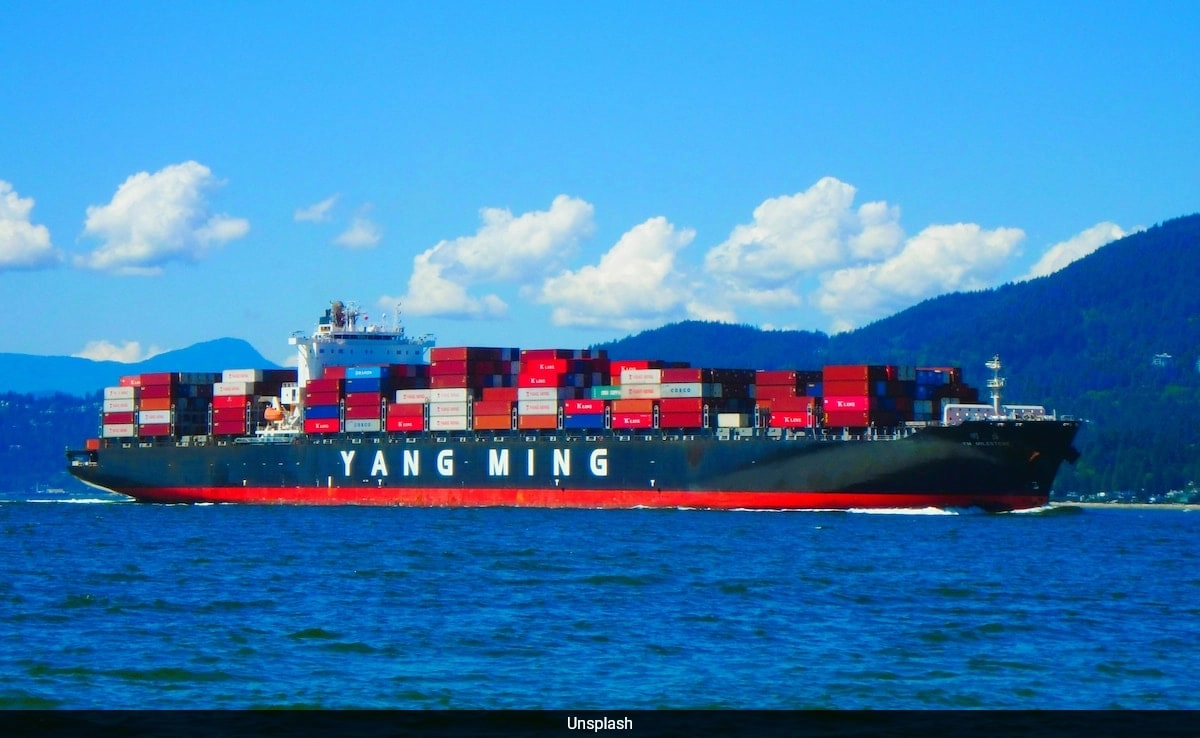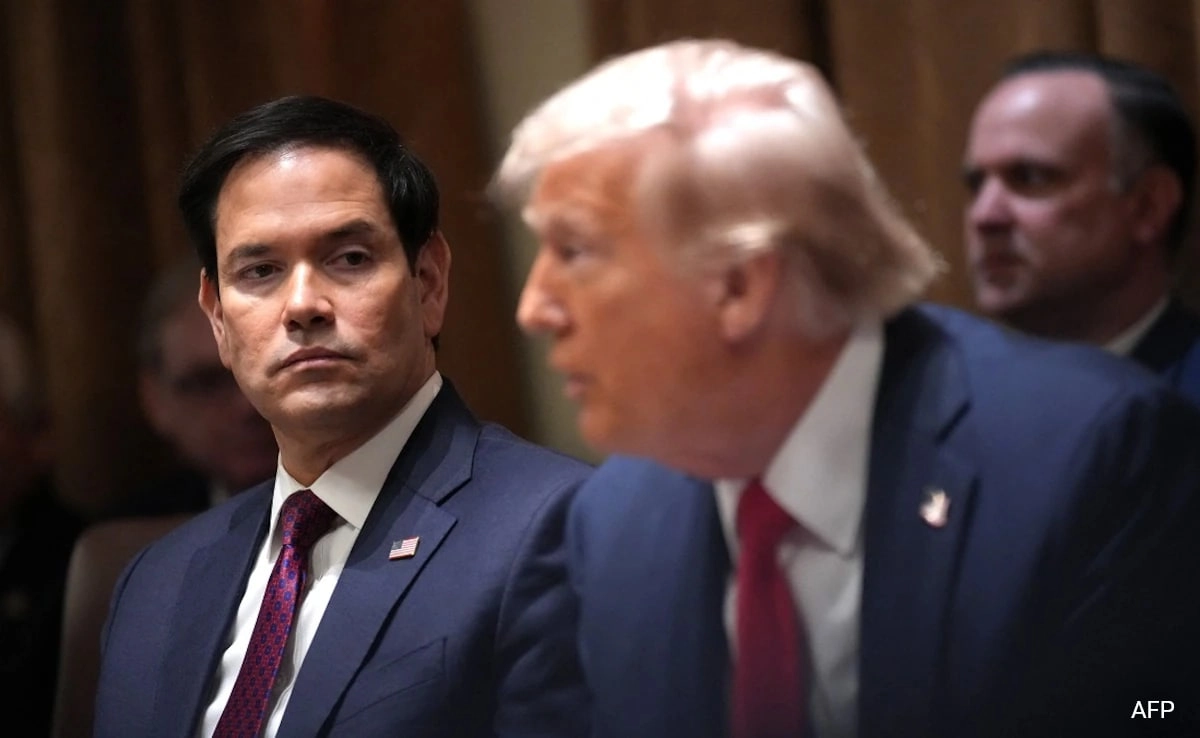In recent years, the intricate web of global trade has come under scrutiny, particularly as it pertains to the ongoing trade tensions between China and the United States. Investigations have revealed that Chinese exporters are employing increasingly sophisticated methods to circumvent U.S. tariffs. One significant tactic is the use of secret routes to reroute goods through third countries before they reach their final destination in the U.S. This strategy effectively masks the true origin of the products, allowing them to bypass the tariffs that would normally be applied to goods directly imported from China.
Additionally, the practice known as “place-of-origin washing” has emerged as a notable concern. This involves relabeling products, often altering the packaging or documentation to suggest that goods are sourced from countries with more favorable trade agreements with the U.S. By doing so, Chinese manufacturers can exploit loopholes in trade regulations, presenting their products as if they were manufactured in nations such as Vietnam or Malaysia. Such tactics not only undermine the intent of the tariffs but also complicate efforts by U.S. authorities to enforce fair trade practices and protect domestic industries.
The implications of these practices extend far beyond the immediate economic impact on tariffs. As companies and governments grapple with the reality of these deceptive tactics, there is a growing call for more stringent measures to address and mitigate the effects of such trade circumvention strategies. Policymakers are urged to enhance their monitoring systems to better track the origins of imported goods and to impose stricter penalties on those found engaging in deceptive trade practices. The ongoing evolution of global trade dynamics necessitates a proactive approach to ensure that fair competition is maintained and that the original intent of trade regulations is upheld.
In conclusion, the revelations surrounding China’s methods of beating U.S. tariffs highlight a pressing need for vigilance in international trade. As the global economy continues to adapt and evolve, it is crucial for nations to collaborate in establishing robust frameworks that deter unfair trade practices. Only through a concerted effort can we hope to create an equitable trading environment that benefits all parties involved and ensures that trade regulations serve their intended purpose without being undermined by deceptive practices.




